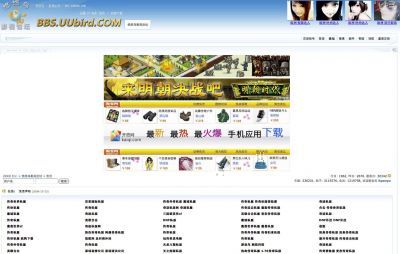China closes down more video sharing websites

Your support helps us to tell the story
From reproductive rights to climate change to Big Tech, The Independent is on the ground when the story is developing. Whether it's investigating the financials of Elon Musk's pro-Trump PAC or producing our latest documentary, 'The A Word', which shines a light on the American women fighting for reproductive rights, we know how important it is to parse out the facts from the messaging.
At such a critical moment in US history, we need reporters on the ground. Your donation allows us to keep sending journalists to speak to both sides of the story.
The Independent is trusted by Americans across the entire political spectrum. And unlike many other quality news outlets, we choose not to lock Americans out of our reporting and analysis with paywalls. We believe quality journalism should be available to everyone, paid for by those who can afford it.
Your support makes all the difference.Chinese regulators have closed down hundreds of video sharing websites in a new push to control Internet content, reports said Monday.
Several well-known websites were either closed down or ordered to delete all links to downloaded films or TV series in the past week, the China Business News said.
Most content offered by peer-to-peer websites violates copyright and is not "above board", the business daily said.
BTChina, a popular video sharing website, said in a notice on its website that the State Administration of Video Film and Television ordered it to shut down because it has no licence to provide audio and video content.
UUbird.com, a similar website, said in a notice it would delete all links for downloading TV series and films by mid-February "to firmly support and comply with the state's laws and regulations".
As of November 30, authorities had shut down 414 video and audio websites this year for operating without a licence or for containing pornography, copyright-violating content or other "harmful" information, the report said.
Popular sites such as Facebook, YouTube and Twitter have also been blocked in China as authorities try to tighten the flow of information, especially following unrest in Xinjiang this year and Tibet last year.
Join our commenting forum
Join thought-provoking conversations, follow other Independent readers and see their replies
Comments